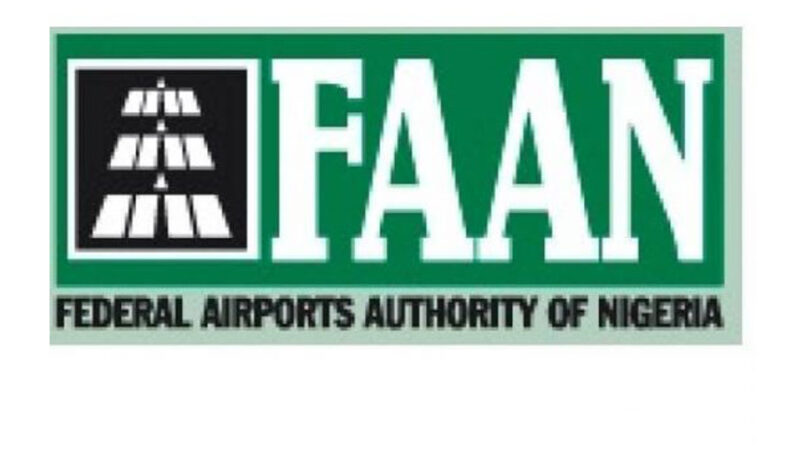Tackling Drug Trafficking, Insecurity At Nigeria’s Airports

Airport operations, safety and security challenges was the subject of discussion at Track D panel session of the 10th ABSE held at NIGAV Centre, Murtala Muhammed Airport, Lagos as participants deliberated on how this vital area of back end airport management can be enhanced to improve service quality.
In his presentation, the Director of Operations, National Drug Law Enforcement Agency (NDLEA), Garba Umar said Nigeria’s strategic location makes it susceptible to illicit drug trafficking. He said the country, having some of the busiest airports in the region, attracts such crimes with its high volume of international passenger and cargo traffic.
He also identified security gaps, insider collaboration, weak inter-agency collaboration, and coordination and inadequate profiling tools as reasons behind successful driug trafficking. He identified trafficking methods as courier smuggling (by individuals) and cargo shipments.
Umar said measures such as intelligence sharing and watch-list scanners and detection drugs, passenger profiling (using hunter spread sheet) and manual inspections are already being applied as preventive measures.
He further said Memoranda of Understanding (MOUs) have been signed with both local and international agencies such as Nigeria Customs Service (NCS), Interpol, agencies in UAE, India and other places, even though NDLEA has challenges of evolving smuggling techniques, insider threat collaborations, inadequate technology and information, manpower and training, legal and bureaucratic delays.
To tackle the challenge, he recommended establishment of a multi-agency coordination centre similar to the one in Kenya, use of expanded artificial intelligence, international collaboration for intelligence sharing and training, capacity building, staff vetting before recruitment on the job, standardized protocol and upgrade of profiling tools like access to PNR, API and other useful database profiling.
He advised airports to adopt a proactive security approach, strategic blend of technology, continuous staff training and inter-agency collaboration.
In his presentation on aviation security challenges in Nigeria’s airports, former Commandant of Murtala Muhammed International Airport, Lagos, Grp. Capt. John Ojikutu (Rtd) said “ the challenges are solvable if we do the right thing with the right people at the appropriate time.”
He said there is international standard and national standard of security as well as Operators’ Security Programme, highlighting three segments of aviation security as airport security, airspace security and in-flight security.
He noted that airport security is not about the multiplicity of security agencies at the airports but “we need to a National Aviation Security Committee in line with Annex 17.”
“There ought to be a contingency plan for each airport. It is within the contingency plan that those to carry arms at the airport are determined,” he said, adding that among the six security defence layers including in-flight screening, airline secondary screening, checkpoint screening and intelligence, intelligence is the first layer and is not just within the airport. He said intelligence determines those on terrorism watch-list and those on no-fly list, stating that this information ought to be shared by the National Intelligence Agency (NIA) with the Nigeria Civil Aviation Authority (NCAA) and other relevant agencies.
He wondered why Federal Airports Authority of Nigeria (FAAN), a commercial service provider was designated by Nigerian Civil Aviation Safety Programme (NCASP) to coordinate government security services at the airport. He called for the installation of both security and perimeter fences at the various airports to enhance security.
Chairman of ABSE, Dr. Richard Aisuebeogun noted that in Nigeria, there has been an improvement in the number of airports with security and perimeter fences as most of them never had it before.
Managing Director of ABSE, Mr. Fortune Idu said “ABSE programme was designed to help bring home facts, interpret and apply information and resolutions adopted in international fora such as the ICAO, IATA, and ACI Conferences, making the Nigerian presence relevant in the global bodies and enabling us to benefit from such associations.”
SEE MORE PHOTOS






